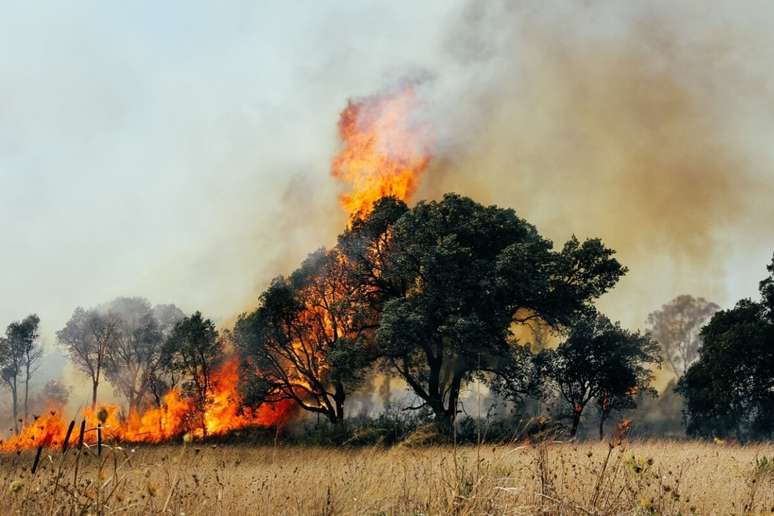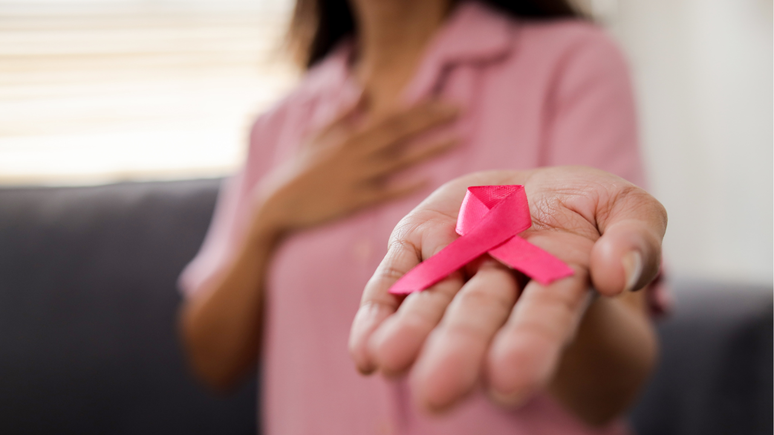The doctor offers assistance to people living in the affected areas
Rising temperatures have worsened climate conditions and affected the health of the Brazilian population. This scenario has affected several regions, contributing to the increase in fires, especially in the most vulnerable areas.
These fires not only affect the environment, but also the health of people living nearby. That said, Dr. Raphael Coelho, member of the Biodiversity, Pollution and Climate Commission of the Brazilian Association of Allergy and Immunology (ASBAI), offers 8 important guidelines to protect those living in areas affected by fires. See below!
1. Stay in a safe, closed place
To protect your health from the fire smoke, stay indoors with doors and windows closed. Seek shelter elsewhere if you don’t have air conditioning and it’s too hot to stay indoors.
2. Don’t increase air pollution
Avoid increasing the pollution indoor air: Do not light candles, use gas, propane, wood stoves, or fireplaces. It is also important to avoid aerosol sprays, frying, roasting, and using tobacco products. Also, try not to use a vacuum cleaner, as all of these activities can worsen indoor air quality.
3. Book supplies
Keep enough food and medicine on hand to last several days so you don’t have to go looking for supplies. If you need to go out, avoid times of day when there is the most smoke.
4. Use protection when you leave home
Don’t rely on scarves to protect you from smoke, if you need to be outdoors when there is smoke, use N95 masks, which cover your nose and mouth, fit snugly on your face, and can filter out smoke particles or ash before going out. inhale them.

5. Protect children and pets
Children should not help with cleanup and should not play in the ashes. Sanitize toys before letting children play to prevent them from coming into contact with ashes. Keep pets away from contaminated areas.
6. Caring for people with vulnerable health problems
People with heart or lung disease, including asthmaThe elderly, children, and pregnant women should take special precautions with ashes. Avoid contact with them or leaving the house when smoke is at its highest.
7. Dress appropriately
Wear gloves, long sleeves, long pants, shoes and socks to avoid contact of the ash with the skin. Wearing protective glasses is also a good alternative, change shoes and clothes before leaving the area to be cleaned to avoid collecting the ash and carrying it to the car or other clean places.
8. Be careful about water sources
Do not drink or use tap water until emergency authorities tell you that you can do so. Water supply systems and wells can be damaged and contaminated during forest fires; wash all foods that have been exposed to heat, smoke, flooding or ash.
Source: Terra
Ben Stock is a lifestyle journalist and author at Gossipify. He writes about topics such as health, wellness, travel, food and home decor. He provides practical advice and inspiration to improve well-being, keeps readers up to date with latest lifestyle news and trends, known for his engaging writing style, in-depth analysis and unique perspectives.








